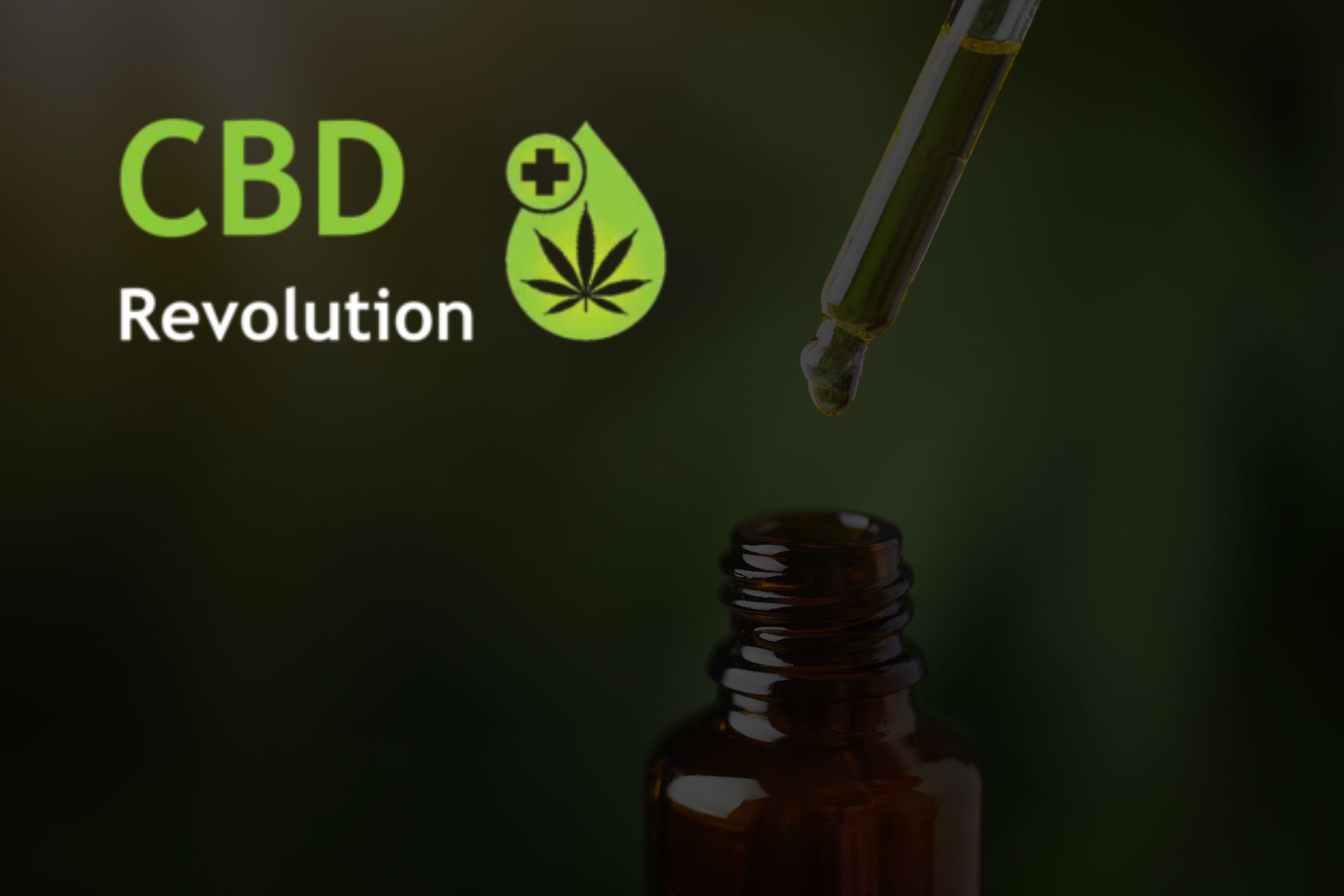Detoxing has evolved into somewhat trendy method of physical cleaning and enhancement of overall well-being in circles of health and wellness. Many detox programs promise to boost immune system, raise energy levels, eliminate toxins from the body, and promote mental clarity. The appeal of a fast cure through detoxification can be strong as individuals search for better lifestyles among the complexity of contemporary existence. Still, this tendency is sometimes accompanied by a lot of false ideas and misunderstandings. For example, some say detox is only required for persons with drug misuse problems, while others see it as a quick road to weight reduction. Detoxification is actually a complex process where the body is helped by natural systems instead of depending just on one chemical or intense exercise. Making wise judgments on one’s health and well-being depends on one realizing the reality underlying detoxification.
The Myth of Quick Fixes for Weight Loss
Although this is a general myth, many people believe detox diets provide a rapid fix for weight loss. While certain detox plans show rapid weight loss in the short run, this is typically the outcome of a significant drop in calorie intake or the lack of specific food groups, not of fat loss. Initially you could lose some weight, but as you go back to your usual diet those pounds usually return. It is like riding a rollercoaster—up and down with no lasting effects.
Detox programs can sometimes be limiting and cause poor energy or feelings of deprivation. Although they may guarantee fast results, they do not educate you how to keep a good lifestyle over time. A far better method than depending on these fad diets is stressing a balanced diet high in fruits, vegetables, whole grains, and lean meats. Not only will this encourage consistent weight reduction, but it will also improve your general well-being without running the dangers connected with rigorous detox programs. For long-lasting effects, then, reject the detox drama and welcome better eating practices!

Fact: Detoxing Can Support Digestive Health
By pushing you to choose better foods and keep hydrated, detox diets may really help your digestive system. Emphasizing fresh fruits and vegetables not only provides your body with a holiday from processed food but also increases your intake of vital nutrients. These nutrient-dense meals help your body run at its best by including minerals and vitamins, therefore enhancing general health and well-being. Moreover, digestion depends on hydration from water and juices, which assists your stomach to move things along efficiently.
The centerpiece of any detox regimen is fiber, comes from healthy grains, fruits, vegetables, and legumes—all plant foods. Maintaining the integrity of your digestive system depends on fiber, which also helps to prevent constipation by motivating frequent bowel movements. Acting like a broom, it helps to keep a healthy gut by sweeping away toxins and garbage. Therefore, even while detoxing might not be the magic bullet for getting toxins out of your body, it will definitely inspire you to start behaviors that support a vibrant digestive system and general health!
The Myth of Cleansing Through Juice Fasts
There is a common belief that the best approach to detox your body is via either severe cleanses or juice fasting. Although these diets may seem good, they may turn out to be unduly restrictive, excluding vital elements your body requires to run as it should. You are depriving yourself of vital vitamins, minerals, and proteins when you cut your food consumption to simply juices or very few foods. This can cause tiredness, vertigo, and even more major medical problems like vitamin abnormalities. Our bodies are really adept at detoxifying on their own, mostly via our kidneys and liver, so we don’t have to go to great lengths to “cleanse.”
Emphasizing a balanced diet full of whole foods is a better strategy than depending on demanding detox programs. Without the dangers involved with excessive fasting, a range of fruits, vegetables, lean meats, and whole grains helps support your body’s natural cleansing processes. Another vital habit is keeping hydrated as water helps eliminate pollutants. So avoid the severe cleanses and juice fasts; just feeding your body the correct meals will make you feel far better and healthier!
Fact: Detoxing Helps Eliminate Toxins Over Time
Important organs like the kidneys and liver comprise the amazing natural cleansing mechanism the body uses. The liver transforms toxins into benign molecules appropriate for evacuation, just like a detox powerhouse would. The kidneys filter your blood, removing waste and other toxins; the skin helps eliminate waste by sweating. These organs constantly keep your body clean and run without flaws all around.
Appropriate diet and water are absolutely vital if we are to maximize these detox processes. A balanced diet high in whole foods—such as fruits, vegetables, whole grains, and lean proteins—offers the nutrition your organs need to function as they should. Maintaining hydration facilitates proper toxin elimination by your kidneys. Rather than searching for fast fix detox programs, concentrate on long-term bodily support by means of good practices. This involves giving regular, healthy meals top priority as well as lots of water so your body may easily go through its natural cleansing functions. Your body understands how to cleanse itself; you only need to provide it little help!

Conclusion
All of which help to promote general heath, regular detoxification can provide many advantages including better mental clarity, more energy, and greater immunological support. Instead of depending on fad diets or fast-fix items lacking scientific basis, a long-lasting and healthy approach to detox is very vital. While stressing the body’s natural capacity to expel toxins, a thorough detox program should call for appropriate diet, physical activity, and stress control. Grounding detox techniques in accurate knowledge and working with qualified experts helps people avoid frequent misconceptions and make reasonable decisions improving long-term health and vitality.



